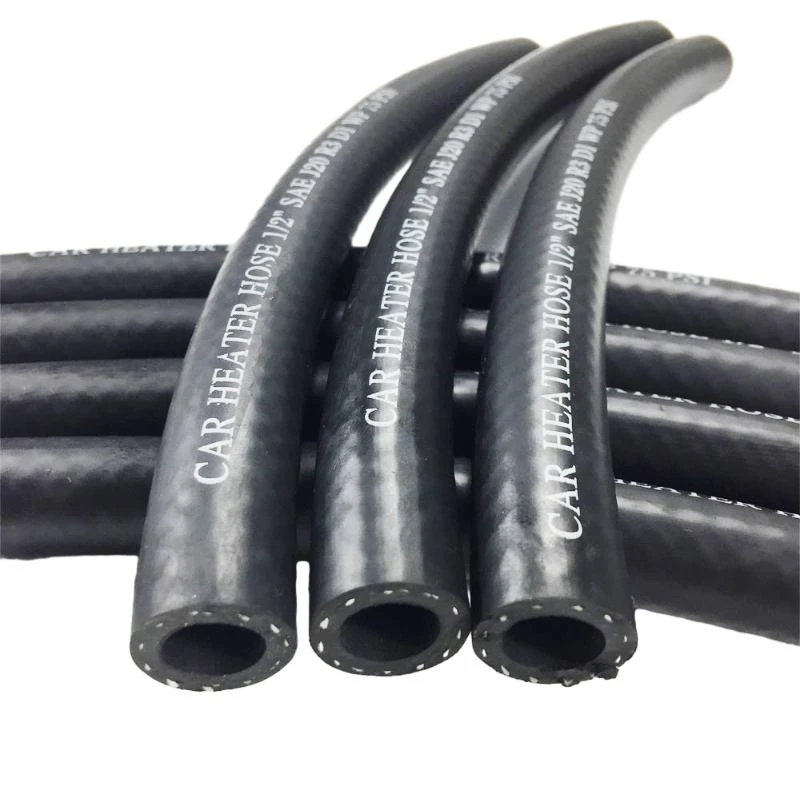Brake Line Maintenance for Trucks Ensuring Safe and Reliable Performance
Oct . 19, 2024 07:17 Back to list
Brake Line Maintenance for Trucks Ensuring Safe and Reliable Performance
Understanding Brake Lines in Trucks A Critical Safety Component
When it comes to trucks, safety is paramount. One of the most crucial components of a truck's braking system is the brake line. This often-overlooked part plays a significant role in ensuring that vehicles operate safely on the roads. Understanding the function and importance of brake lines in trucks can help drivers maintain their vehicles more effectively and prevent dangerous situations caused by brake failure.
What Are Brake Lines?
Brake lines are tubes or hoses that carry brake fluid from the master cylinder to the brake calipers or wheel cylinders. They are essential in converting the force applied to the brake pedal into hydraulic pressure, which then activates the brakes. In hydraulic braking systems, when a driver presses down on the brake pedal, the master cylinder generates pressure. This pressure travels through the brake lines, allowing the brakes to engage and bring the truck to a stop.
Types of Brake Lines
There are primarily two types of brake lines used in trucks rigid lines and flexible hoses.
1. Rigid Brake Lines These are typically made from steel or copper and are used in sections of the braking system that do not require flexibility. Rigid lines are more durable and resistant to damage but can corrode over time, particularly if exposed to road salt and harsh weather conditions.
2. Flexible Brake Hoses These are made from rubber or reinforced materials and are used in areas where movement occurs, such as at the wheels. Flexible hoses are designed to withstand pressure and provide the necessary elasticity, allowing for the truck's suspension to move without causing damage to the braking system.
Common Issues with Brake Lines
Brake lines can develop several issues over time, leading to potentially dangerous situations. Here are a few common problems
brake line truck

- Corrosion Rigid brake lines, especially those in older trucks, are susceptible to rust and corrosion, particularly if they are not properly maintained. Corroded brake lines can develop leaks, resulting in a loss of brake fluid and diminished braking power.
- Leaks A leak in the brake line can lead to a significant drop in brake fluid pressure, causing the brakes to fail. Regular inspections are necessary to identify any leaks early on.
- Cracks in Flexible Hoses Flexible brake hoses can crack or suffer from wear and tear due to continuous flexing and exposure to heat. A damaged hose can easily burst, leading to brake failure.
Maintenance Tips for Brake Lines
To ensure the reliability of a truck's braking system, here are some maintenance tips
1. Regular Inspections Drivers should regularly check their brake lines for signs of wear, corrosion, or leaks. This is especially important before long trips or during routine maintenance checks.
2. Brake Fluid Checks Maintaining proper brake fluid levels is vital for the hydraulic system to function effectively. If the fluid appears dirty or contains moisture, it’s important to replace it to prevent damage to the braking components.
3. Professional Servicing It is advisable for truck owners to have their brake systems inspected by a professional mechanic periodically. They have the expertise to identify issues that may not be visible to the untrained eye.
Conclusion
In summary, brake lines are a critical component of truck safety that require regular attention and maintenance. Understanding the types of brake lines, recognizing potential issues, and conducting routine inspections can greatly enhance safety on the road. A well-maintained braking system not only prolongs the life of the vehicle but also ensures the safety of the driver, passengers, and others on the road. Always remember when it comes to brakes, prevention is better than cure. Don't overlook the importance of brake lines in your truck—proper care can make all the difference in ensuring a safe driving experience.
